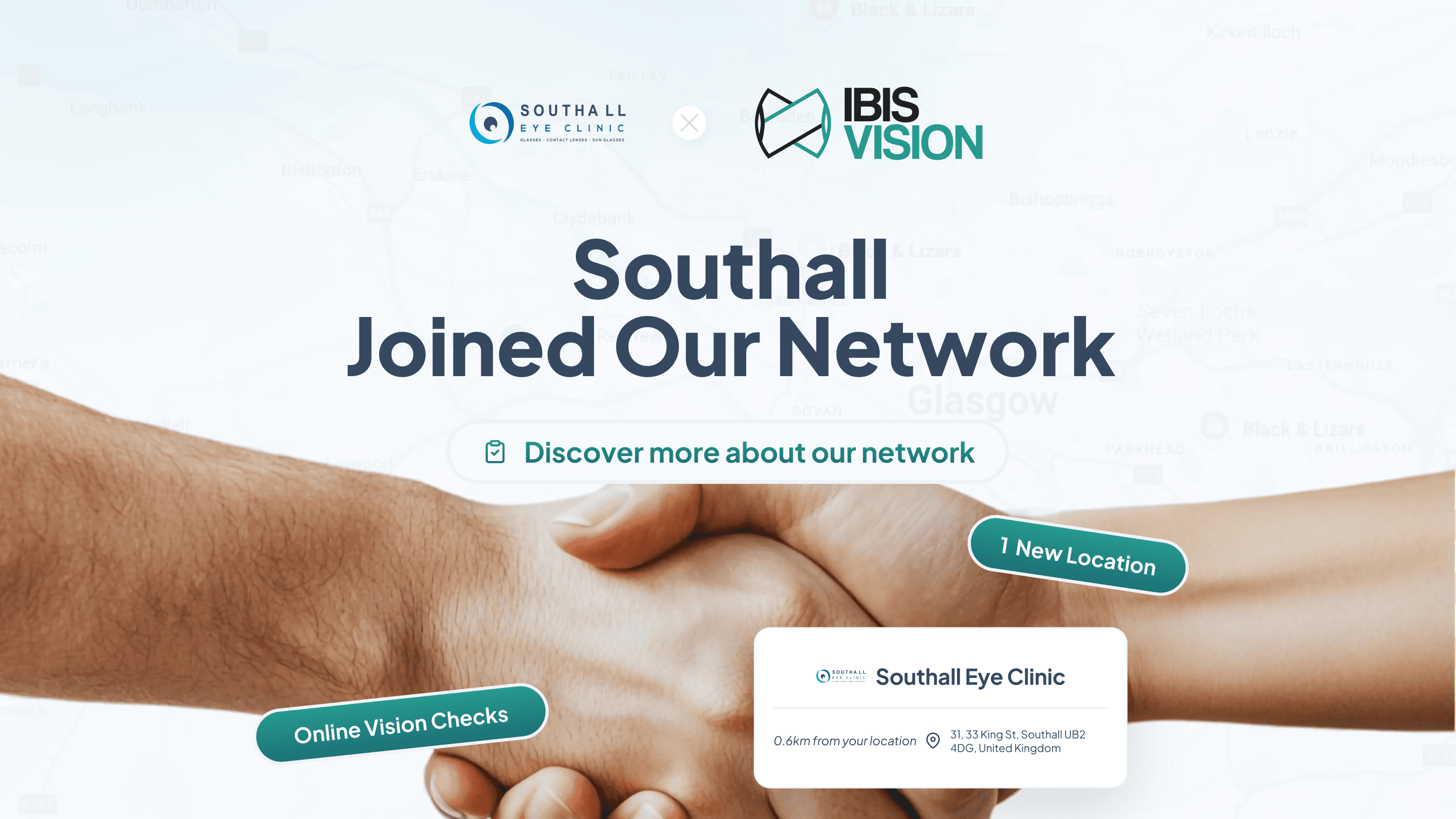Awareness Day
Mental Health Awareness Week is an opportunity to shine a light on the many factors that influence emotional well-being, one of the most overlooked being our vision. Take a closer look at how vision affects our mental health.
14 May 2025
Mental Health Awareness Week is an opportunity to shine a light on the many factors that influence emotional well-being, one of the most overlooked being our vision. While we often think of eye care and mental health as two separate issues, growing evidence shows that what affects our eyes can deeply impact our minds and vice versa.
This week, let’s explore how vision and mental health are connected, and why protecting your sight can be a powerful step toward supporting your mental well-being.
How Vision Affects Mental Health:
Vision Loss and Emotional Strain
Whether it’s age-related macular degeneration, glaucoma, or uncorrected refractive errors, vision loss can lead to:
Depression and anxiety
Social withdrawal
Increased stress and fear of dependence
The emotional toll of losing the ability to read, drive, or recognize faces is profound, especially in older adults or those with sudden changes in vision.
Eye Strain and Mental Fatigue
In today’s digital world, many of us experience:
Digital Eye Strain
Blurred vision
Headaches and irritability
These issues may seem physical, but they can lead to mental exhaustion, reduced productivity, and even symptoms that mimic anxiety or burnout.
How Mental Health Influences Vision:
Just as vision affects the mind, mental health also influences the eyes in surprising ways:
Stress and anxiety can cause temporary visual disturbances like blurriness or tunnel vision.
Depression may reduce the likelihood of attending eye exams or following treatment plans.
Trauma and PTSD can heighten light sensitivity or visual hypersensitivity.
In short, our eyes are highly responsive to our emotional state.
The Importance of Integrated Care:
The connection between vision and mental health highlights the importance of integrated, whole-person care. When mental health professionals and eye care providers work together, patients benefit from:
Earlier detection of overlapping symptoms
More holistic treatment plans
Better quality of life outcomes
Tips for Supporting Eye and Mental Health Together
Share with your patients!
Get Regular Eye Exams
Detect changes in vision early to prevent stress and anxiety caused by undiagnosed issues.Manage Screen Time
Use the 20-20-20 rule: Every 20 minutes, look at something 20 feet away for 20 seconds.Eat for Eye and Brain Health
Foods rich in omega-3s, lutein, and antioxidants support both vision and cognitive function.Practice Mindfulness
Meditation and deep breathing help reduce both eye strain and mental tension.Talk to Your Eye Care Professional
If you're feeling overwhelmed or notice changes in your vision or mood, speak to a healthcare provider. Don’t ignore the signs.
Additional Resources
Mental health is health, and vision plays a vital role in that equation. This Mental Health Awareness Week, remember that taking care of your eyes is also a step toward supporting your emotional and psychological well-being. Clearer vision can lead to a clearer mind.

stay in the loop


